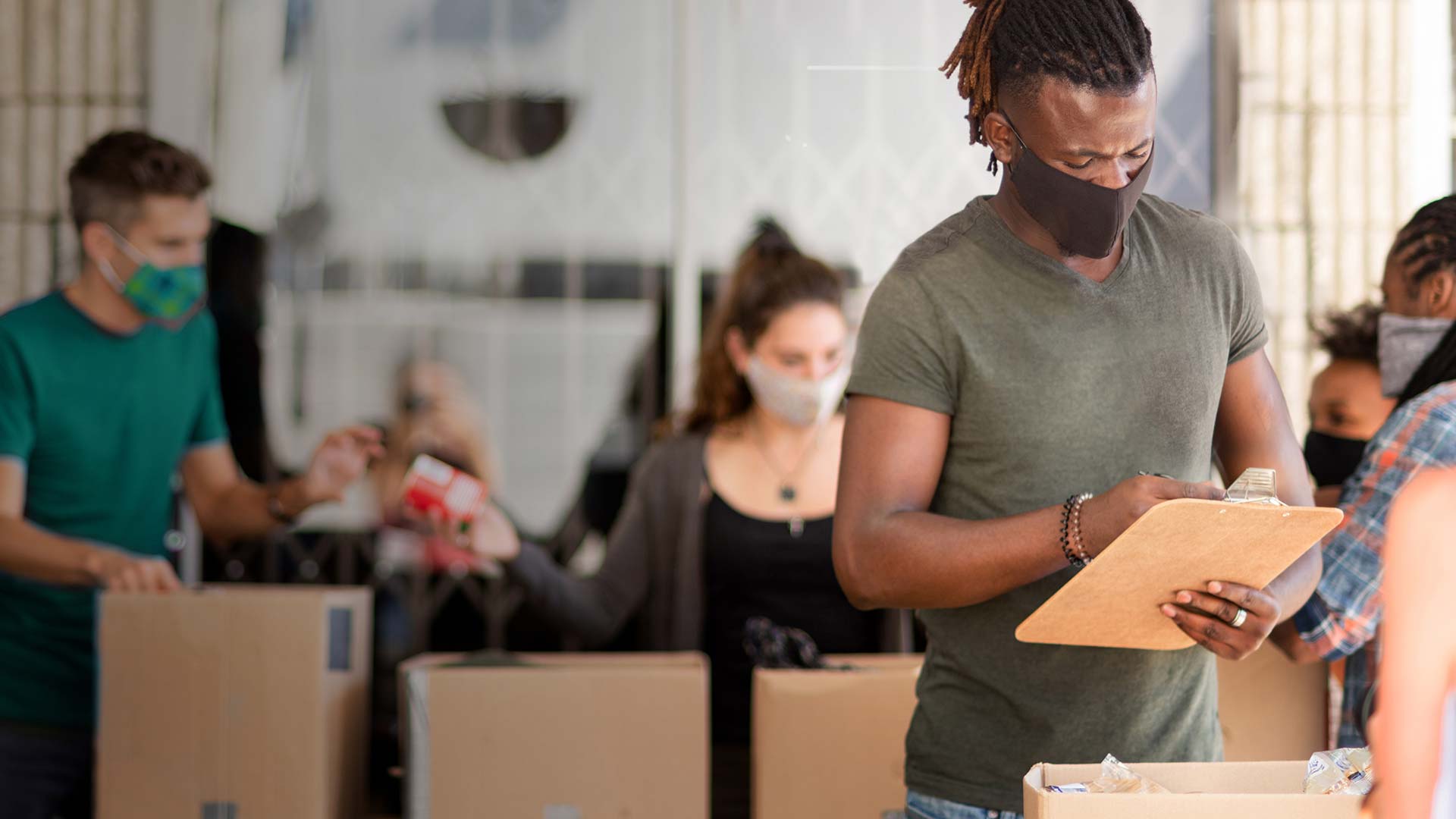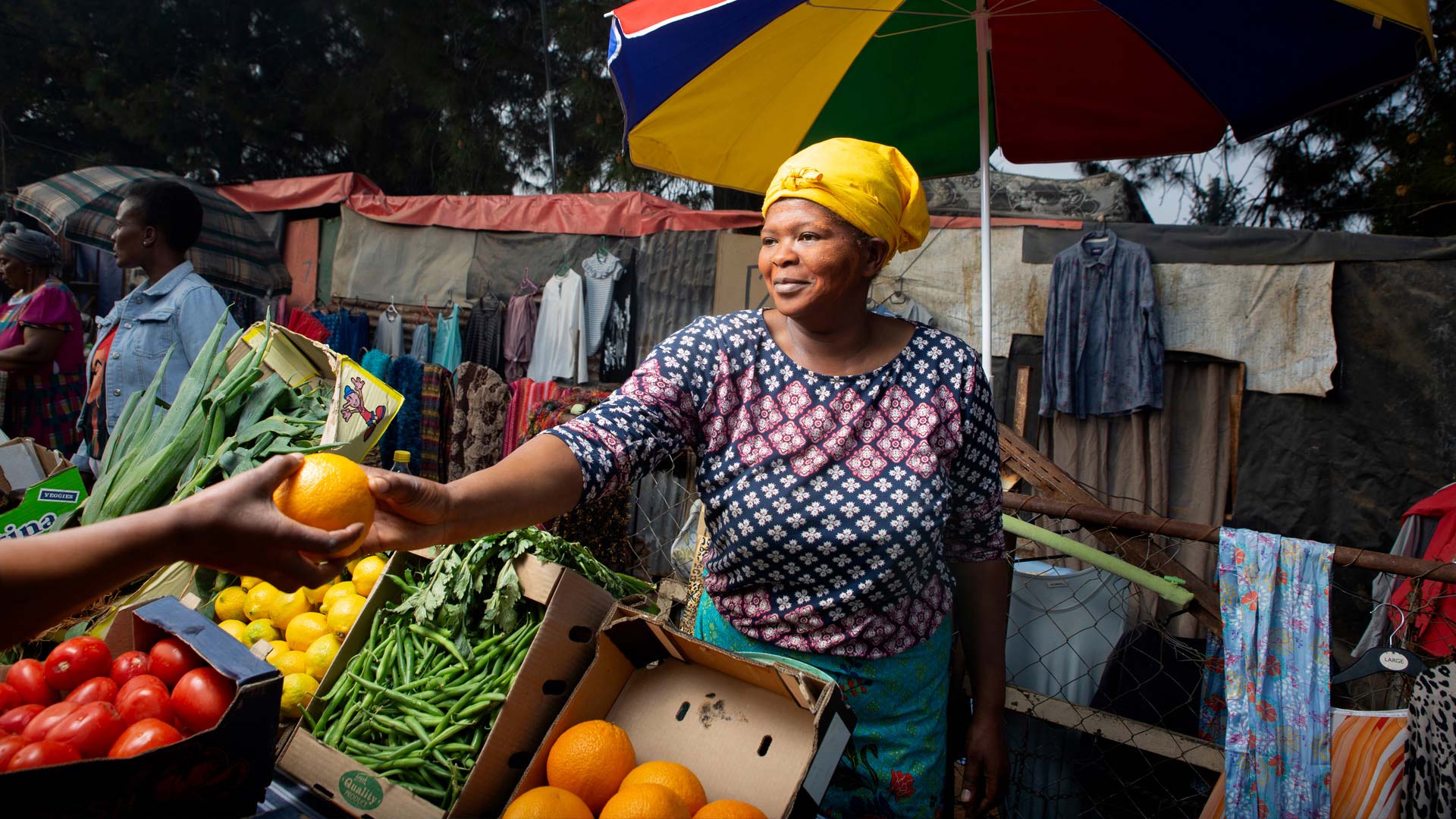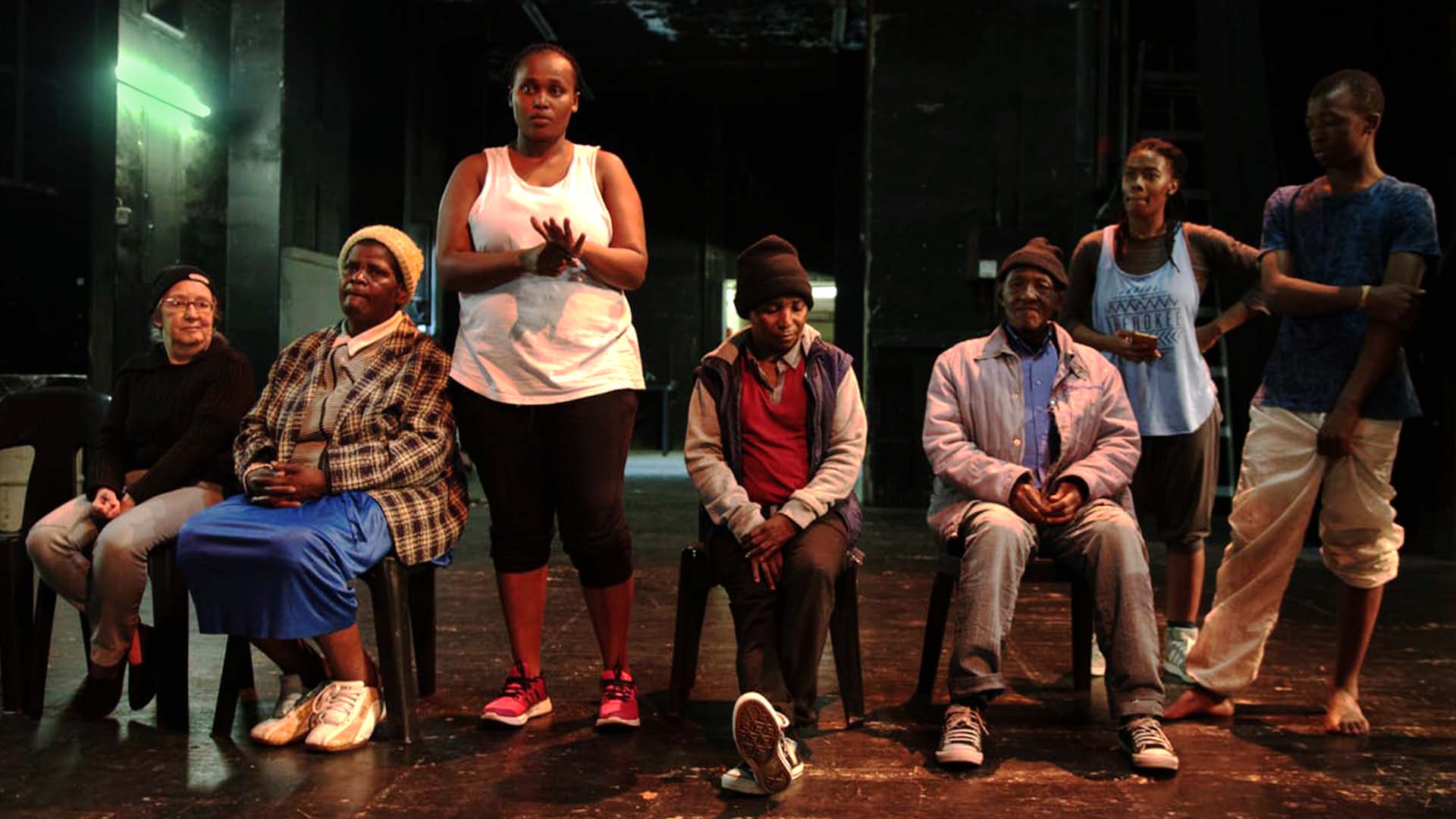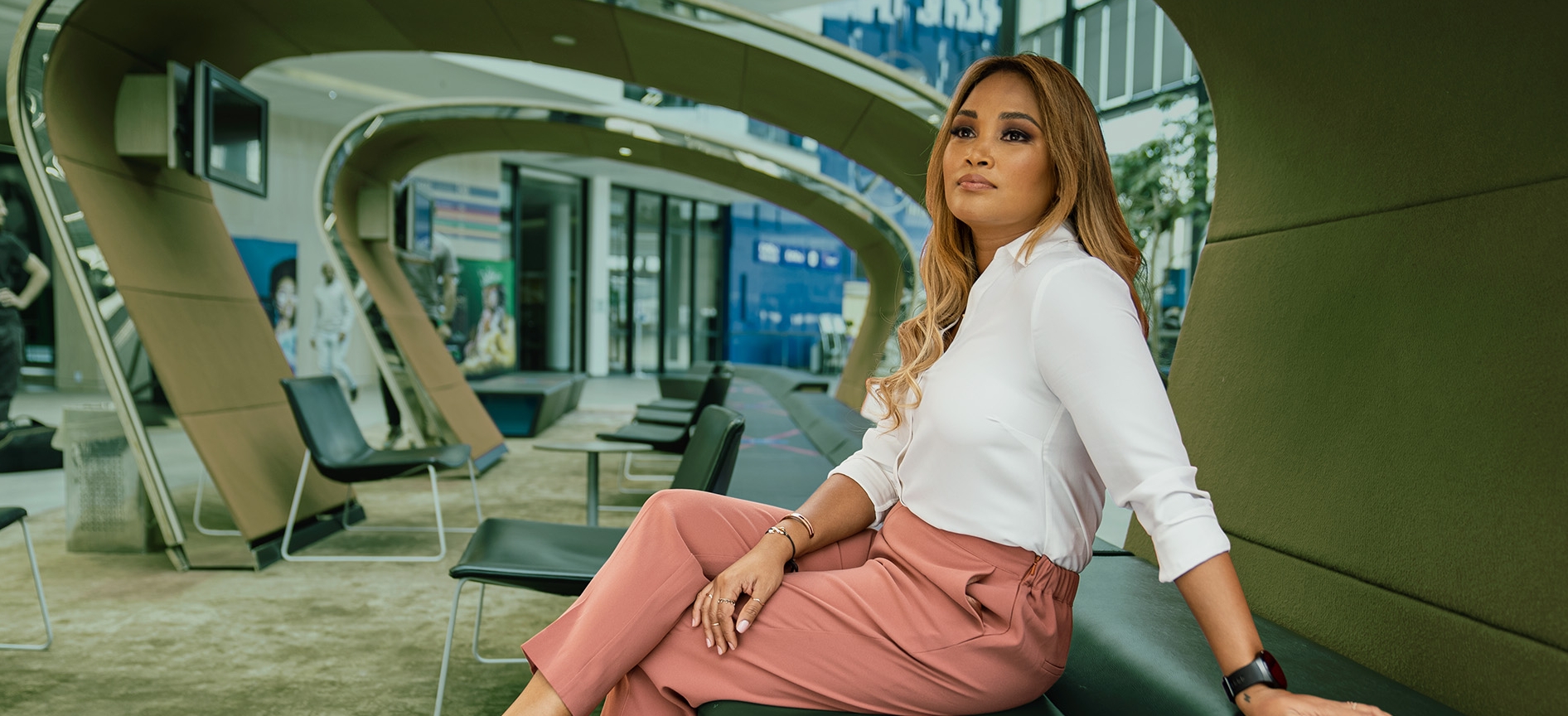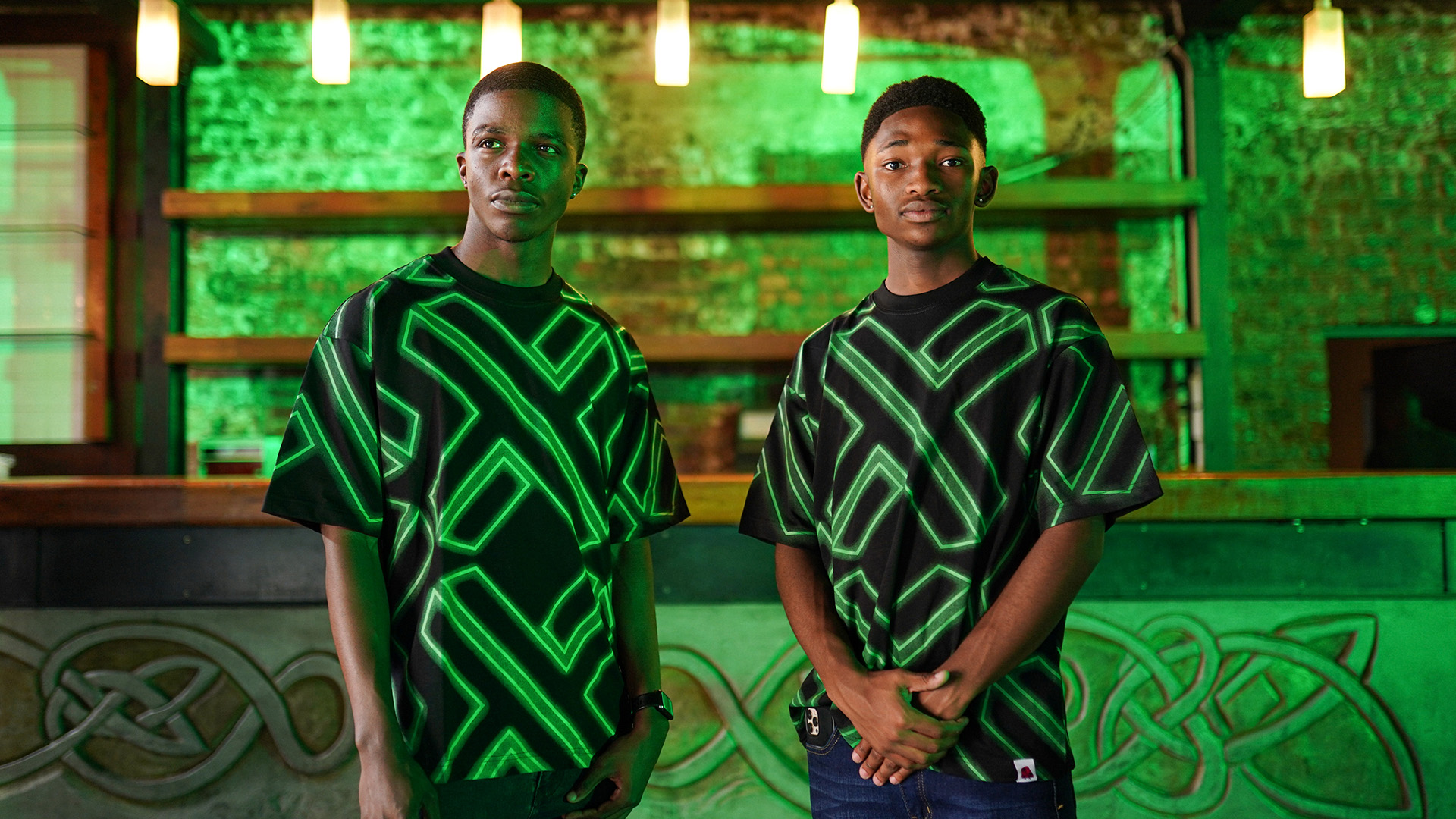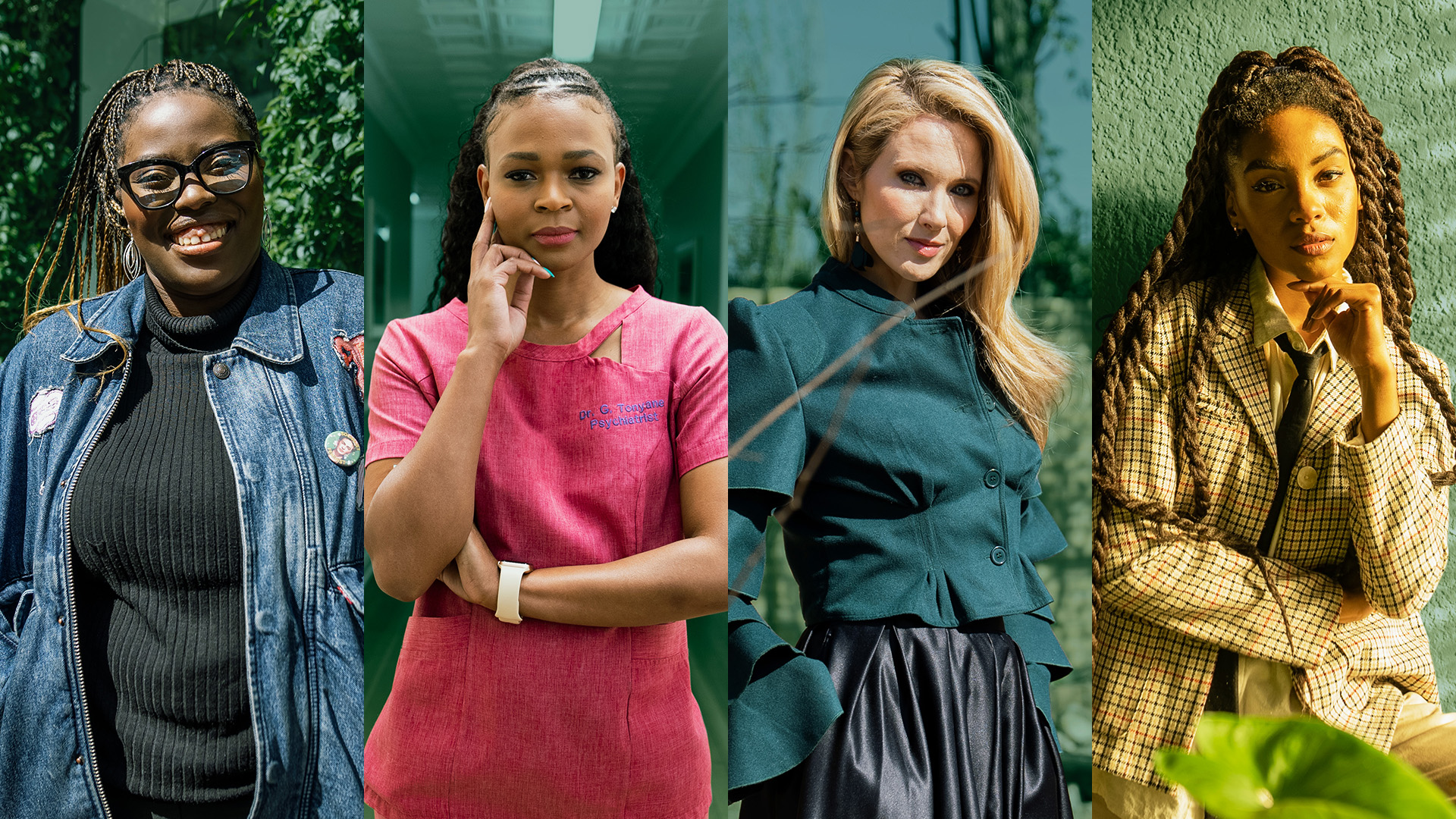For many years tap water from municipal supplies in South Africa has been considered safe to drink. But increasingly, in several parts of the country, tap water is failing to meet minimum drinking standards. Some municipalities are struggling to filter and treat the water they supply to residents according to the prescribed safety standards, while other municipalities get their water from state-owned water boards that are also unable to deliver safe drinking water.
The most important aspect of water treatment is reducing the microbial content of the water and eliminating any harmful micro-organisms. Increasingly though, sewage and other toxic chemicals are being allowed to spill into our water systems, putting the health of residents at risk. Experts warn that a water crisis bigger than the current electricity catastrophe is looming, if repairing and upgrading our sewage and water infrastructure and conserving our supply of fresh water doesn’t become a priority for action at all levels of government.
So, as an average citizen, how do you know your tap water is safe to drink?
How clean does water need to be?
Water is essential for sustaining life – you can live for some time with no food, but you’re unlikely to survive more than 4 days without water. Unless it’s freshly boiled, water will always contain bacteria – millions of invisible creatures that are naturally present in water. Most strains of bacteria are harmless or even useful, like those that provide digestive benefits in our stomachs and intestines. Other types of waterborne bacteria, like E. coli, are dangerous because they cause diseases like cholera, diarrhoea, dysentery and hepatitis A.
These conditions become endemic – meaning they become a permanent feature, being passed around a community but never dying out because as one person recovers, another is infected – wherever water is stored, piped or consumed in unsanitary conditions. The World Health Organisation estimates that at least 2 billion people globally drink water contaminated by human waste, and more than 500,000 people a year die from the diarrhoea-related issues that result. In South Africa, diarrhoea affects more than 3 million people and kills 15,000 every year.
If you don’t trust the quality of your tap water, you may be forced to find an alternative source
Water treatment facilities use filtration to remove visible contaminants from drinking water and chemicals like chlorine to kill invisible bacteria. When a treatment plant fails to filter water effectively or add the right proportions of chlorine, contaminated water can enter reservoirs and pipes and find its way into your taps. If the water that this plant is processing has been contaminated by broken sewerage infrastructure upstream, you have a recipe for disaster.
Simple ways to make sure your drinking water is safe:
Boil it
If you’re worried about bacteria levels in your tap water, heat it to a vigorous boil and then let it cool before drinking it. This will protect you from diarrhoea-related illnesses caused by bacteria – but note that it won’t remove any chemical contaminants that may be present, only the biological ones. If you boil a jug of water to drink throughout the day, keep it covered and preferably in the fridge.
Invest in a water purifier
Even if your municipality is providing clean, safe water, tap water can still have a bad taste or smell thanks to residual elements like sulphites or over chlorination. A home water purifier removes contaminants to provide you with pure, fresh water. Manufacturers claim that purified water also helps with digestion, boosts athletic performance, detoxifies the body and promotes clearer skin. There are 3 methods of water purification: reverse osmosis, distillation and ultraviolet irradiation.
Another type of filter ‘softens’ your water. It removes excessive magnesium and calcium salts from ‘hard water’ – the type that makes it harder to get a lather from soap and deposits limescale on metal surfaces, which can clog up your home’s plumbing and shorten the life of your geyser element.
Use a test strip
You can buy single-use strips to detect chemicals in the water in kits that cost between R200 and R700. Dip the strip in a water sample and monitor the change in colour. This indicates the concentration of the specific chemical the strip is designed to detect. Test with a strip daily, and you can monitor your water quality effectively. You’ll get an early warning if the quality starts to deteriorate, and you can investigate alternative options.
Test your water in a laboratory
You can also send your water to a professional laboratory for testing – this is probably the best course if you’re worried about biological contaminants, although it can be costly. There are many such labs around the country that follow the safety and purity guidelines set by the Department of Health.
Practical alternatives to tap water
If you don’t trust the quality of your tap water, you may be forced to find an alternative source. Bottled water is only an option for the wealthy and, in general, it’s not healthy for the environment. You can maintain your own water supply by drilling a borehole to harvest underground water or collecting rainwater and storing it in tanks. Jojo or similar tanks cost anything between R1,500 and R14,500.
Water quality is becoming a crisis in South Africa, and it may prove even more disruptive to our lives than load-shedding
If you have to drill a borehole, it’s important to choose a reputable company to help you, because it’s a costly process. You can go to the SA Boreholes Portal to find a service provider in your area. The Borehole Water Association of Southern Africa estimates that the cost of drilling a borehole is approximately R6,000 per metre. You will also need to budget for the extra costs of erecting a pump and having the water tested. Depending on where you live, you may be able to set up fog nets to harvest water from mist too.
Exercise caution if you start collecting and storing your own water. Water may look clean and safe to drink, but chemical or biological contaminants can be invisible, odourless and tasteless. If you adopt an alternative water supply, have the source tested for safety. Toxic chemicals or untreated sewage can seep into boreholes, while stored rainwater has run over your roof and gutters, which also exposes it to both chemical and biological contaminants.
As ancient sailors knew too well, if you store freshwater in containers for too long, the growth of bacteria and algae can make it foul and undrinkable. You may also need to invest in a purification system to treat stored water for drinking. For a reliable purification system, expect to pay up to R3,500.
Alternatively, boiling your drinking water between the storage tank and consumption might be sufficient. Water must be heated to at least 50°C to kill legionella bacteria, which can cause Legionnaire’s disease, so it’s a good idea to ensure that whatever type of geyser you use is also set to a temperature of at least 50°C.
It’s also essential to make sure that water containers are mosquito-proof, so they don’t turn into mosquito breeding grounds.
Tackling the water crisis
One thing is clear – water quality is becoming a crisis in South Africa, and it may prove even more disruptive to our lives and our economy than load-shedding. We need to hold suppliers to account if we are going to avoid a catastrophe. State institutions must be given the resources, skills and urgent motivation to improve water treatment and delivery, or we could end up with as many people trying to secure their own safe water supply in the future as we have installing solar power systems right now. It’s easy to foresee how that scenario could lead to conflict between neighbours and communities.
If you have the resources to install a borehole or rainwater collection system, however, you’d be well advised to investigate those options now. If the quality of your tap water deteriorates rapidly, you’ll be prepared.
To help you save money on water and energy in your home, Nedbank has made the Water Saving Guide and the Smart Living Guide available for free on our website. A personal loan or your home loan could help you finance your own safe alternative water supply.
